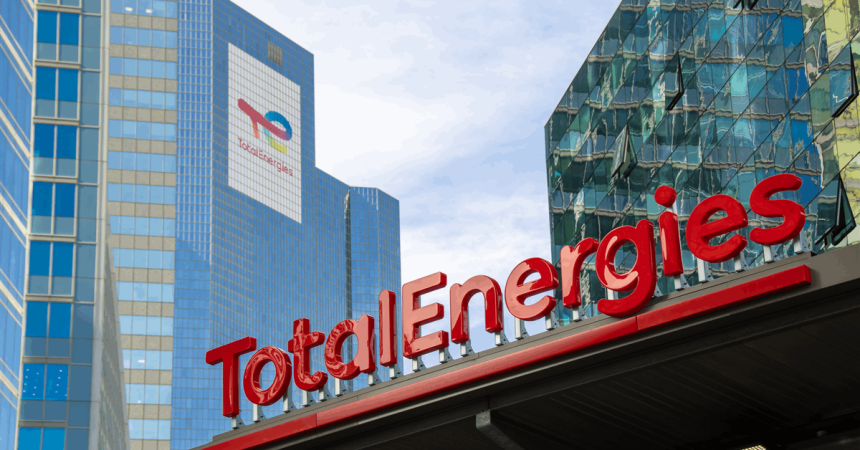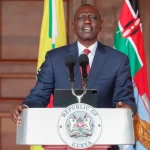TotalEnergies, the French oil conglomerate, recently announced the commencement of a new phase in a globally contentious project. The company revealed on Thursday that it had initiated an assessment for land acquisition related to the East African Crude Oil Pipeline (Eacop).
Since its inception, the project has been a focal point of disagreement between environmentalists and its primary stakeholders.
- TotalEnergies initiates land acquisition assessment for the Eacop project.
- Despite opposition from environmentalists, stakeholders press forward with the Eacop project.
- Eacop aims to boost the region’s economy, granting Uganda and Tanzania a global oil market presence.
In a statement, TotalEnergies conveyed, “This mission will assess the land acquisition procedures implemented, conditions for consultation, compensation, and relocation of the populations concerned, as well as the grievance handling mechanism.”


The group also mentioned that an audit would be published by April, according to The East African news publication.
The Eacop project, also known as the Uganda–Tanzania Crude Oil Pipeline, is a 1,443 km crude oil pipeline slated to traverse Uganda and Tanzania. Its purpose is to transport oil from Uganda’s Lake Albert oilfields to the port of Tanga in Tanzania, positioning both nations as oil-producing entities in Africa.

The Ugandan administration asserts that a project of this magnitude will significantly boost the region’s economy and grant both countries a presence in the global oil market.
However, environmentalist groups oppose the initiative due to potential environmental damage and the displacement of local populations. Despite strong resistance, including opposition from an EU panel, the project’s stakeholders remain determined to proceed.
In December, the project organizer disclosed that at least 5000 pipes are already in place, signaling the imminent commencement of large-scale work. Operations are anticipated to be in full swing by 2026.








